Description
Coenzyme Q10 (CoQ10): Your Body’s Spark Plug for Energy and Health
Coenzyme Q10, more commonly known as CoQ10, is a naturally occurring compound that plays a vital role in energy production and acts as a powerful antioxidant. Found in every cell of your body, CoQ10 is concentrated in organs with high energy demands, such as the heart, liver, and kidneys. While your body produces CoQ10 naturally, levels tend to decline with age, certain medical conditions, and the use of some medications. This article will delve into the functions, benefits, sources, and potential drawbacks of CoQ10.
The Powerhouse Behind Energy Production:
CoQ10’s primary function is to help convert the energy from food into a form that your cells can use, a process called ATP (adenosine triphosphate) production. It acts as a key player in the mitochondria, the “powerhouse” of each cell, facilitating the electron transport chain essential for energy generation. Without sufficient CoQ10, cells struggle to produce the energy they need to function optimally.
A Mighty Antioxidant:
Beyond energy production, CoQ10 is a potent antioxidant. Antioxidants protect cells from damage caused by harmful molecules called free radicals. Free radicals can contribute to oxidative stress, which is linked to various health problems including heart disease, neurodegenerative diseases, and cancer. By neutralizing free radicals, CoQ10 helps protect cells and tissues from damage, contributing to overall health and longevity.
Potential Health Benefits of CoQ10:
Research suggests that CoQ10 supplementation may offer a range of health benefits:
- Heart Health: CoQ10 has shown promise in supporting heart health. Studies suggest it may help improve heart function in individuals with heart failure, potentially reducing symptoms like shortness of breath and fatigue. It may also help lower blood pressure and improve cholesterol levels.
- Fertility: Oxidative stress can negatively impact sperm and egg quality. CoQ10’s antioxidant properties may help improve fertility in both men and women by protecting reproductive cells from damage.
- Neuroprotection: CoQ10 may offer neuroprotective benefits by protecting brain cells from damage. Some research suggests it may slow the progression of neurological diseases like Parkinson’s disease and Alzheimer’s disease, although more studies are needed.
- Migraine Relief: Some studies indicate that CoQ10 supplementation can reduce the frequency and severity of migraines. It’s thought that CoQ10 may improve mitochondrial function in brain cells, which could contribute to migraine development.
- Exercise Performance: CoQ10’s role in energy production may enhance exercise performance. Some studies have shown that CoQ10 supplementation can improve power output and reduce muscle fatigue during exercise.
- Skin Health: As an antioxidant, CoQ10 may help protect the skin from sun damage and promote collagen production, contributing to a more youthful appearance.
Sources of CoQ10:
While your body produces CoQ10, dietary intake can contribute to maintaining optimal levels. Good food sources include:
- Meat: Organ meats (heart, liver, kidney), beef, pork, and chicken
- Seafood: Fatty fish like salmon, tuna, and mackerel
- Vegetables: Spinach, broccoli, cauliflower
- Nuts and Seeds: Peanuts, pistachios, sesame seeds
Supplementation and Dosage:
While a balanced diet can provide some CoQ10, supplements are often used to increase levels, especially for individuals with specific health concerns or lower natural production. CoQ10 supplements are available in various forms, including ubiquinone (the oxidized form) and ubiquinol (the reduced form, often considered more absorbable).
Dosage recommendations vary depending on the individual and the condition being treated. It’s crucial to consult with a healthcare professional to determine the appropriate dosage for your specific needs.
Potential Side Effects and Risks:
CoQ10 is generally considered safe for most people. However, some potential side effects may include:
- Mild digestive upset, such as nausea, diarrhea, or stomach pain
- Insomnia
- Headache
- Skin rash
CoQ10 may interact with certain medications, such as blood thinners, blood pressure medications, and chemotherapy drugs. It’s essential to discuss CoQ10 supplementation with your doctor, especially if you’re taking any medications or have pre-existing health conditions.
Conclusion:
Coenzyme Q10 is a vital nutrient that plays a crucial role in energy production and acts as a powerful antioxidant. While your body produces it naturally, supplementation can be beneficial for individuals with certain health conditions or age-related decline. By understanding the benefits, sources, and potential risks of CoQ10, you can make informed decisions about whether it’s the right supplement for you. Always consult with a healthcare professional before starting CoQ10 supplementation to ensure it’s safe and appropriate for your individual needs.

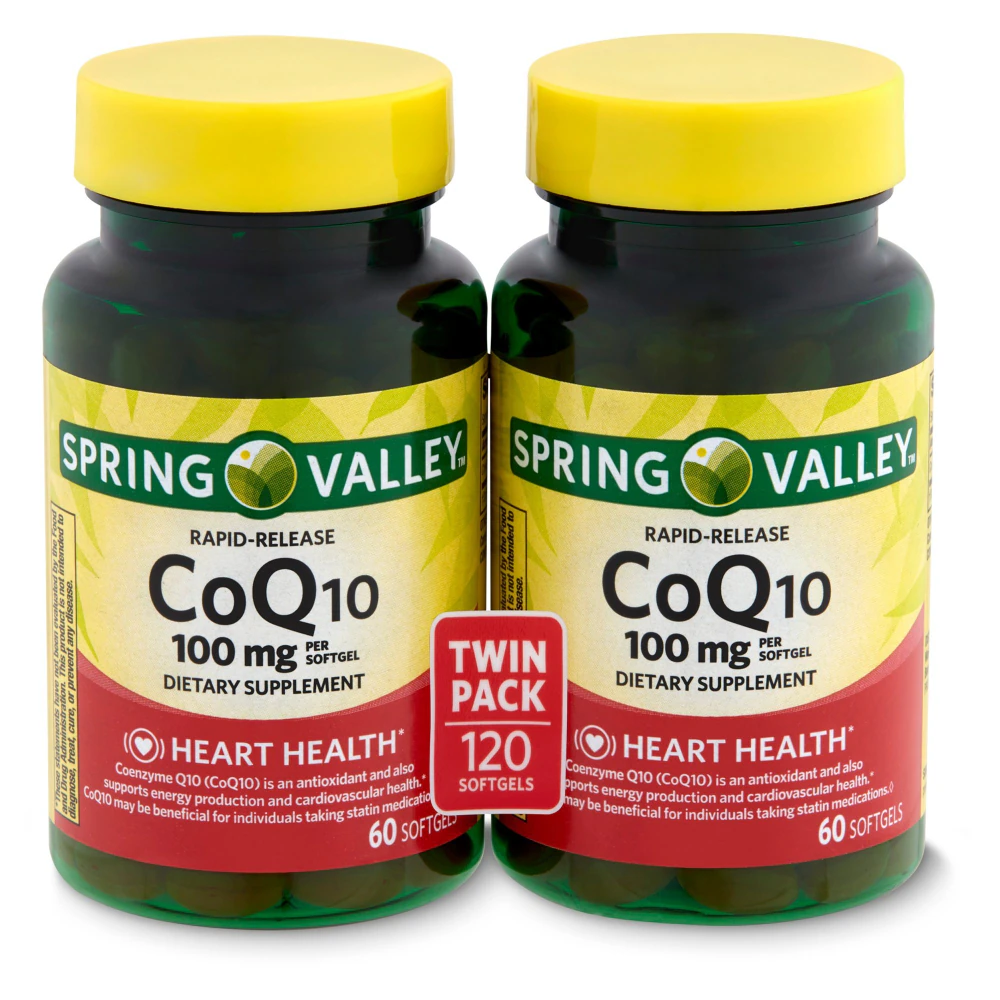
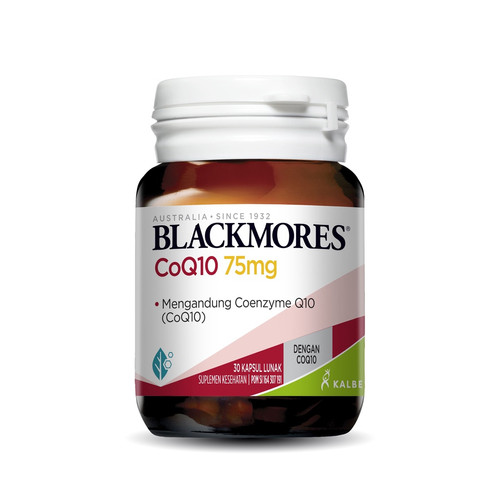
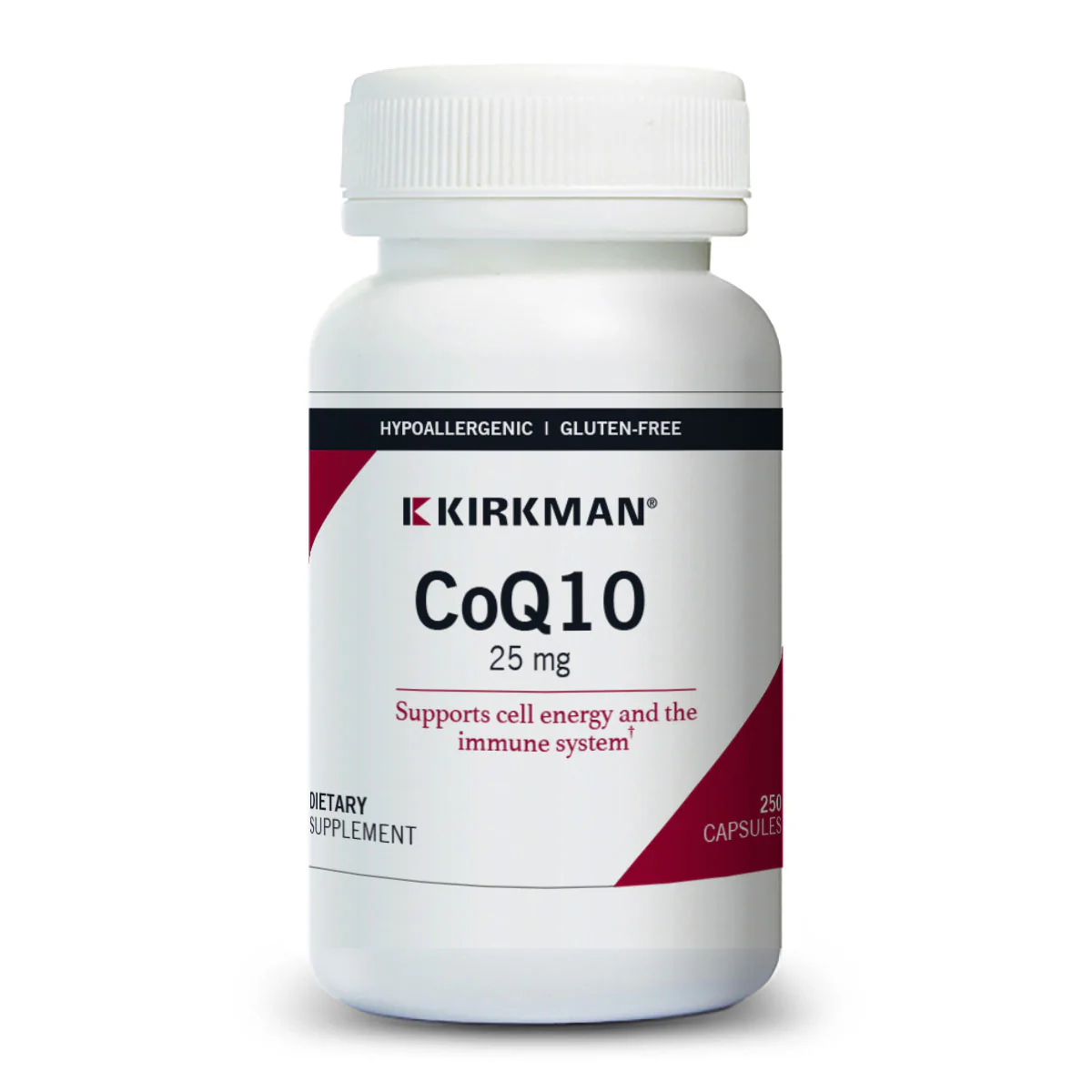
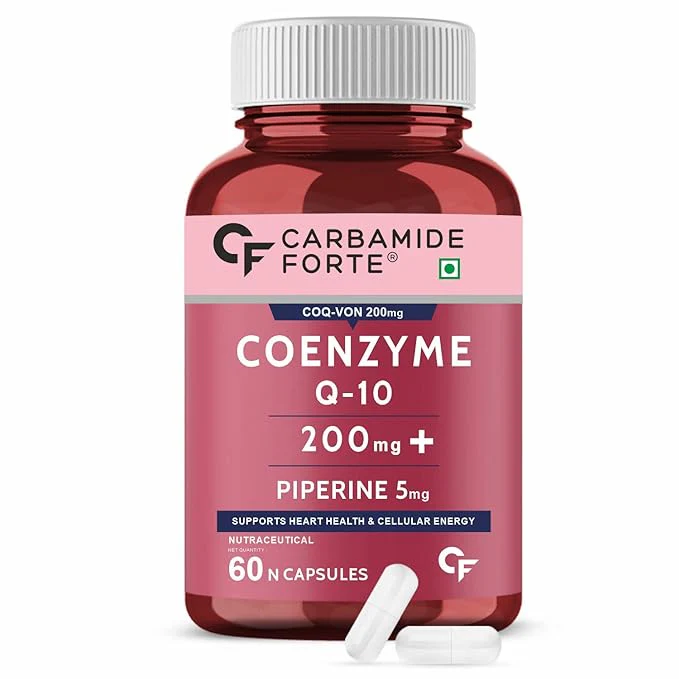
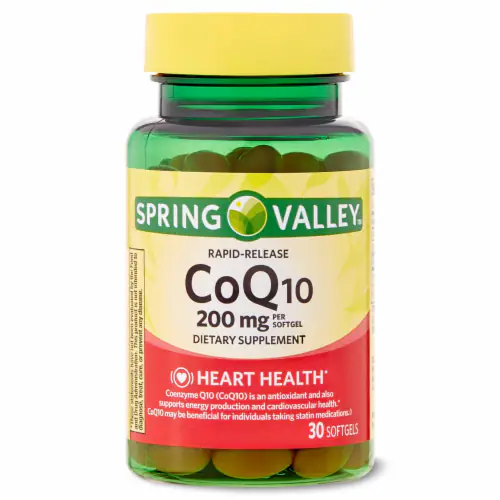
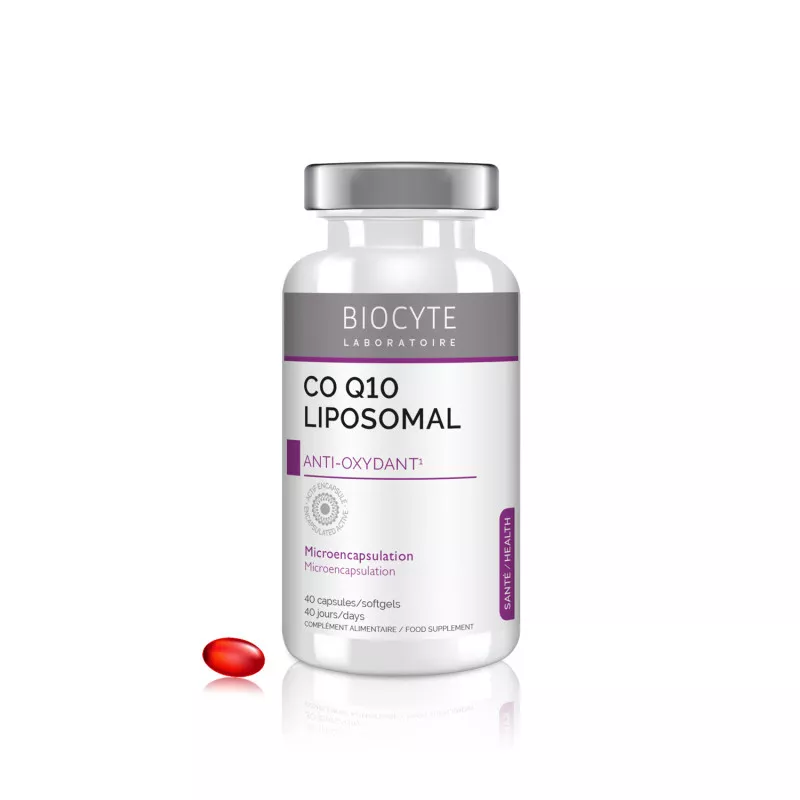
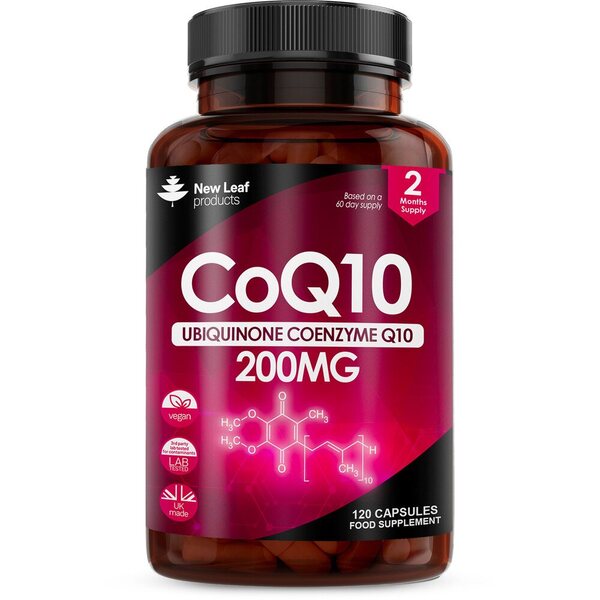
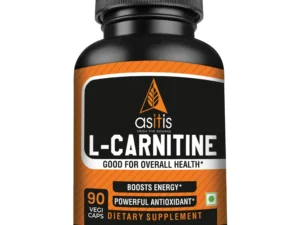
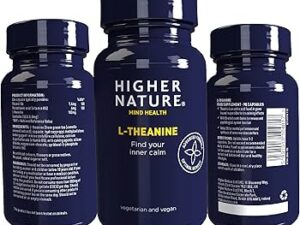
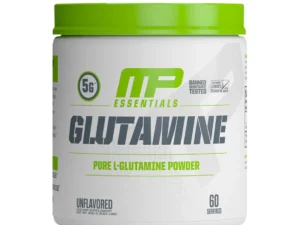
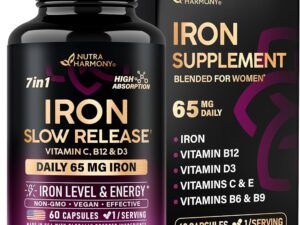
Reviews
There are no reviews yet.